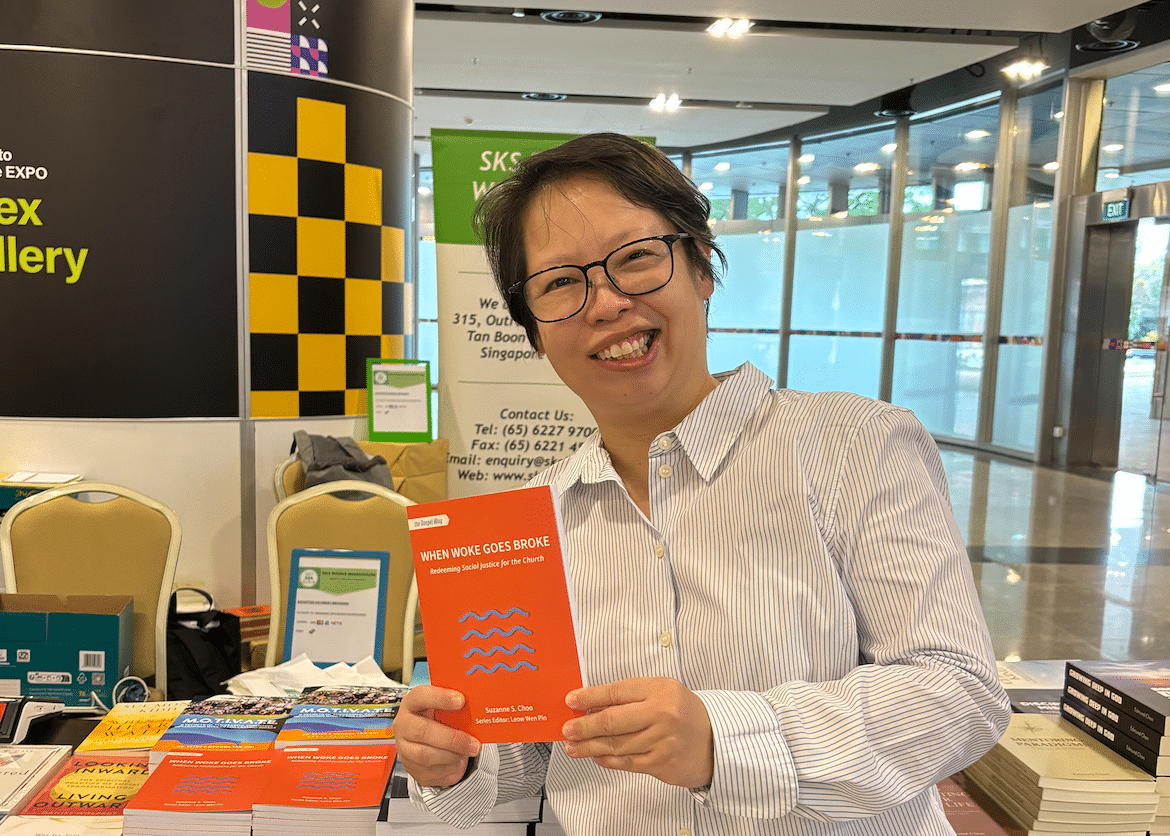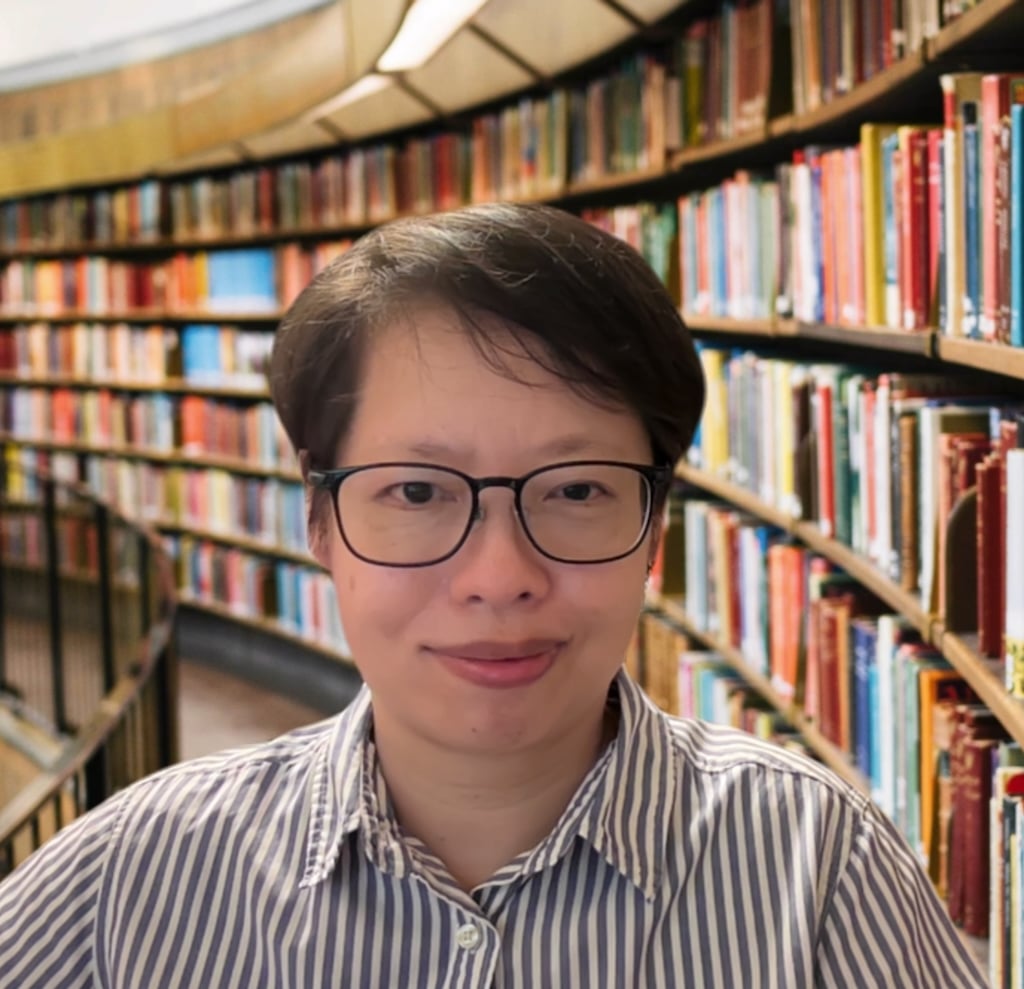Why should a Christian care about the elections?
Looking at the 2025 General Election through a Christian lens
Suzanne Choo // April 9, 2025, 12:16 pm

Citizenship is not just about rights and obligations – it is also about our commitments to others in our community, explains Dr Suzanne Choo. Photo from Depositphotos.com.
As Singapore gears up for the 2025 General Election, this is an important period for all to reflect on the notion of citizenship.
At a basic level, it is, as British sociologist TH Marshall describes, “a status bestowed on those who are full members of a community”.
Our status as citizens of a nation comes with rights as well as obligations. One such obligation is voting in the elections.
Our civic responsibility as Christians
As 1 Peter 2:13-15 (ESV) tells us:
“Be subject for the Lord’s sake to every human institution, whether it be to the emperor as supreme, or to governors as sent by him to punish those who do evil and to praise those who do good. For this is the will of God, that by doing good you should put to silence the ignorance of foolish people.”
This passage follows the reminder that Christians are “a chosen people (of God), a royal priesthood” (1 Peter 2:9). Therefore, they are to “live such good lives among the pagans” (1 Peter 2:12).
In this context, subjection to governing authorities does not refer to blind submission, but subjection to the institutions and their civic structures (eg laws, elections, etc) that are established by those in power to reinforce good in the public sphere.
While political systems and processes may be imperfect in this world, Christians should, as a general principle, support democratic processes such as the General Election because this demonstrates their active commitment to the common good.

Suzanne is the author of Christian book When Woke Goes Broke: Redeeming Social Justice for the Church (Graceworks, 2024). Her research interests are in global citizenship education and cosmopolitan ethics.
Participatory citizenship goes beyond the self
Citizenship is not just about rights and obligations – it is also about our attachments and commitments to others in our community.
As Christians, we are reminded to “look not only to (our) own interests, but also to the interests of others” (Philippians 2:4 ESV).
Thus, in this election season, we should go beyond selecting someone because he or she represents what we want. Rather, we should adopt a more other-centric lens that considers the needs of others.
Here are three important biblical principles that can inform our judgements.
Truth
In this age of post-truth and disinformation, Christians should pursue truth.
Truth is central to the nature of God. For example, Christ embodies both grace and truth (John 1:17) and the Holy Spirit is the Spirit of truth (John 15:26).
Discerning the truth encompasses distinguishing truth from falsehood. More than this, it also means aiming to gain a more complete – as opposed to incomplete – perspective to issues.
Justice
To quote the Singapore pledge, this elections season is an opportune moment for us to consider how we can “build a democratic society, based on justice and equality”.
Indeed, this is aligned with biblical justice and its virtues of fairness, equity and compassion for the poor and marginalised.
Justice is another key attribute of God who calls Christians to “do justice, and to love kindness and to walk humbly with (our) God” (Micah 6:8 ESV).
Inclusion
In recent years, we observe the rise of far-right political parties in the West along with ethnocentrism, xenophobia and other forms of intolerance.
In Singapore, we are fortunate that one important shared value is racial and religious harmony.
Likewise, the Christian ethos is reflected in the inclusivity of the Gospel that is open to all. Christ Himself crossed multiple boundaries of nationality, class and cultural prejudice.

Christians can be bridge-builders and peacemakers, says Suzanne.
However, it is important to make a distinction between “inclusion as assimilation” and “inclusion as relational”.
“Inclusion as assimilation” when taken to the extreme may lead to moral relativism in its embrace and adoption of all cultural worldviews. Conversely, Christians can practise inclusion as relational.
“Inclusion as relational” means that in the secular sphere, Christians learn to co-exist with those who have different beliefs and practices.
They learn to relate to them as fellow human beings and recognise their inherent human worth regardless of their backgrounds.
Christians can provide the world with a glimpse of the heavenly citizenship to come.
It also means that Christians must guard against participating in civic discourses that exclude, divide and polarise.
Christians can be bridge-builders and peacemakers in times of political contestation.
Instead of self-righteousness, we can demonstrate humility by learning to listen even to those we may disagree with.
Instead of anger and aggression, we can extend grace and generosity of spirit.
Instead of reactive wokeism, we can exercise the fruit of the Spirit especially kindness, patience and self-control.
In this way, Christians can then provide the world with a glimpse of the heavenly citizenship to come.
Look out for Dr Suzanne Choo’s second article where she shares tips for parents on how to talk about the elections with your children.
RELATED STORIES:
“Let us not forget we are one nation”: A Christian perspective on GE 2020
A Christian kind of woke: What the Church can do to redeem social justice
We are an independent, non-profit organisation that relies on the generosity of our readers, such as yourself, to continue serving the kingdom. Every dollar donated goes directly back into our editorial coverage.
Would you consider partnering with us in our kingdom work by supporting us financially, either as a one-off donation, or a recurring pledge?
Support Salt&Light



